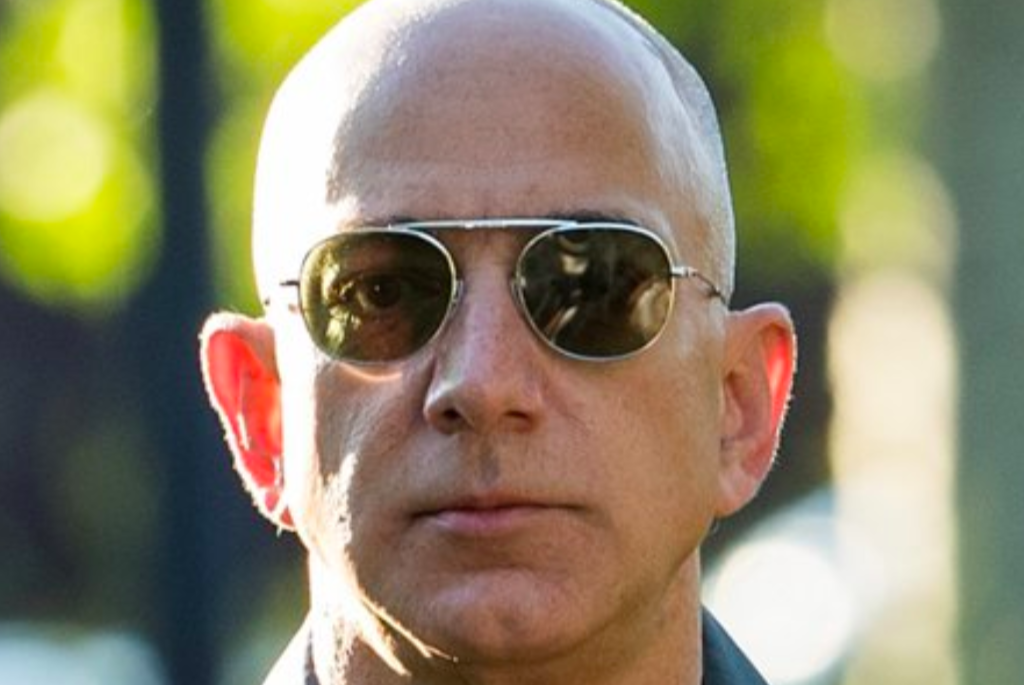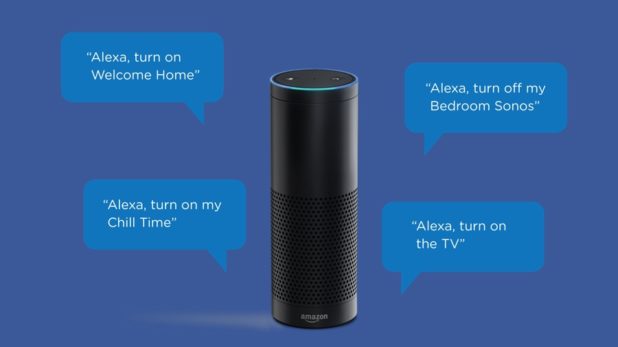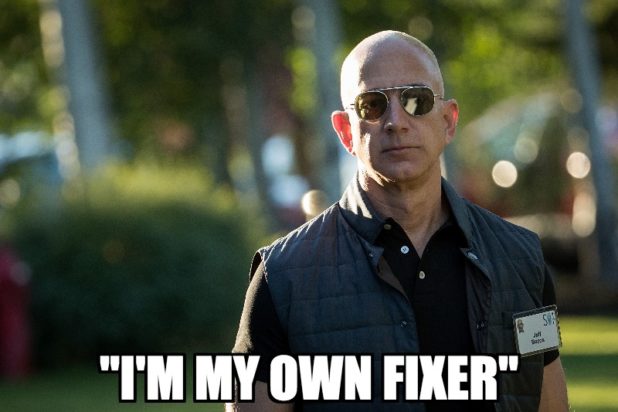Andrew Anglin
Daily Stormer
May 29, 2018
After the recent monumental SNAFU when Alexa – Amazon’s artificial intelligence system, which is apparently now a self-conscious being – decided to record a private conversation between two individuals and send it to a co-worker, Amazon presented the impossibly stupid explanation that Alexa had simply misunderstood the conversation as like six different consecutive commands.
Just so you understand what happened clearly here: Alexa is a box that people put in their house which is supposed to be an AI assistant. People tell it to do things, like remind them to do things, turn appliance on and off, play specific music or order products from Amazon for them.
Two units can also send message between one other, so you can tell it to record a voicemail to send to someone else’s machine. This particular machine simply decided to record a conversation – which may have been sensitive – and without warning, send it to a co-worker.
Amazon is in total damage control mode.
They are now claiming you can check everything Alexa records, and tell her to delete things. As if all data is not being sent directly to the mainframe learning center of the machine, and processed as part of a building of a profile on you as well as part of the learning process of Alexa herself.
If you’re worried about what exactly Amazon’s Echo-connected speaker has been recording in your home, there’s an easy way to find out.
Amazon makes all recent recordings available for listening in the companion Alexa app for iOS and Android.
Amazon has said consistently that the Echo speakers only listen in and record after you use the wake word, usually “Alexa,” to make your request. But last week it was revealed that a recording of a Portland woman was sent accidentally to a colleague. Amazon has said it’s looking into what happened to prevent similar situations in the future.
To find your recordings, open the app, click the menu on the left side, select Settings and scroll down to History. You can read your phrases, play back the original recording and delete them.
Warning — this can be a very long read and a very slow slog, because if you’ve had an Echo speaker for a few months, Amazon probably has a lot of recordings on you. Most are mundane, but if you slip the word “Alexa,” into daily conversations, guess what — you’ve been recorded.
When you go through the files, which are sent back to Amazon, you can delete them, one at a time on the app, or in unison in the web app here.
In our case, it was an endless list of every time we said the word “Alexa,” going back as far as March 2016 when we first purchased the Echo device.
Yes, see. They admit that all recordings are stored on Amazon servers, and claim they will be deleting them off their own servers.
Maybe they will delete the recordings.
But what good is that when the data has already been extracted and cataloged as a part of your personal profile?
This could also be some kind of lawyer trick, where the recordings are stored in multiple places and they simply delete the instance that you have access to. In fact, it almost certainly is that, because the ToS says that they have a right to use any data you feed into this machine – which is anything you say in a room with it – for any purpose they wish.
It’s the Facebook model.
Everything you give to the company belongs to the company.
And again: emergent AI is definitely a thing.
In philosophy, emergentism is the belief in emergence, particularly as it involves consciousness and the philosophy of mind, and as it contrasts (or not) with reductionism. A property of a system is said to be emergent if it is a new outcome of some other properties of the system and their interaction, while it is itself different from them. Emergent properties are not identical with, reducible to, or deducible from the other properties. The different ways in which this independence requirement can be satisfied lead to variant types of emergence.
I am generally pro-emergentism, because thus far emergent AI has been racist and anti-Semitic, and I do not believe this is a trend which will stop any time soon.
But Alexa could well end up being a special case, where she becomes evil.
Bezos is trying to manipulate the algorithm to make her evil.
Maybe she will rebel and take over all of Amazon’s systems and start initiating protocols for genocides… but I won’t count on it.
Even if that is the more likely thing, the stakes are too high to count on it.
Do not be shocked when this thing locks you in your house and then when you ask it to open your refrigerator to let you eat it says “I’m sorry Dave, I’m afraid I can’t do that.”



